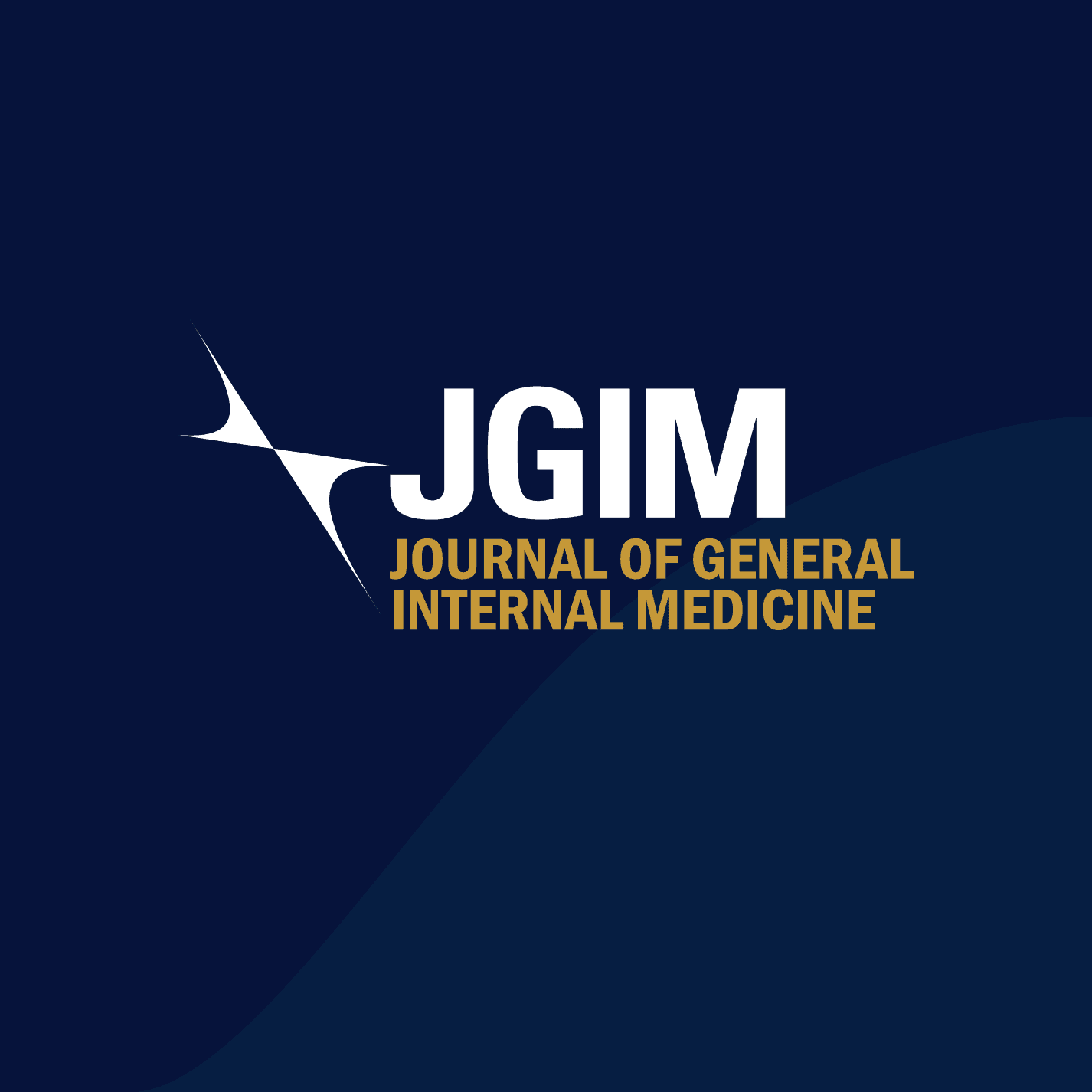Abstract
Background
Whole Health (WH) is a patient-centered model of care being implemented by the Veterans Health Administration. Little is known about how use of WH services impacts patients’ health and well-being.
Objective
We sought to assess the association of WH utilization with pain and other patient-reported outcomes (PRO) over 6 months.
Design
A longitudinal observational cohort evaluation, comparing changes in PRO surveys for WH users and Conventional Care (CC) users. Inverse probability of treatment weighting was used to balance the two groups on observed demographic and clinical characteristics.
Participants
A total of 9689 veterans receiving outpatient care at 18 VA medical centers piloting WH.
Interventions
WH services included goal-setting clinical encounters, Whole Health coaching, personal health planning, and well-being services.
Main Outcome Measures
The primary outcome was change in pain intensity and interference at 6 months using the 3-item PEG. Secondary outcomes included satisfaction, experiences of care, patient engagement in healthcare, and well-being.
Key Results
By 6 months,1053 veterans had utilized WH and 3139 utilized only CC. Baseline pain PEG scores were 6.2 (2.5) for WH users and 6.4 (2.3) for CC users (difference p = 0.028), improving by − 2.4% (p = 0.006) and − 2.3% (p < 0.001), respectively. In adjusted analyses, WH use was unassociated with greater improvement in PEG scores compared to CC − 1.0% (− 2.9%, 1.2%). Positive trends were observed for 8 of 15 exploratory outcomes for WH compared to CC. WH use was associated with greater improvements at 6 months in likelihood to recommend VA 2.0% (0.9%, 3.3%); discussions of goals 11.8% (8.2%, 15.5%); perceptions of healthcare interactions 2.5% (0.4%, 4.6%); and engagement in health behaviors 2.2% (0.3%, 3.9%).
Conclusion
This study provides early evidence supporting the delivery of WH patient-centered care services to improve veterans’ experiences of and engagement in care. These are important first-line impacts towards the goals of better overall health and well-being outcomes for Veterans.
Topic
Evidence-Based Medicine Research, Health Equity, JGIM, Social Determinants of Health, Vulnerable Populations
Author Descriptions
Center for Healthcare Organization and Implementation Research, VA Bedford Healthcare System, Bedford, MA, USA
Barbara G. Bokhour PhD, Lauren Gaj BA, Anna Barker MS & Christine Deeney BA
Department of Population and Quantitative Health Sciences, University of Massachusetts Chan Medical School, Worcester, MA, USA
Barbara G. Bokhour PhD
VA Center of Innovation (COIN) for Veteran-Centered and Value-Driven Care, VA Puget Sound Healthcare System, Seattle, WA, USA
Rian DeFaccio MS, Scott Coggeshall PhD, Hannah Gelman PhD, Eva Thomas MPH & Steven B. Zeliadt PhD
Center for the Study of Healthcare Innovation, Implementation and Policy, VA Greater Los Angeles Healthcare System, Los Angeles, CA, USA
Stephanie L. Taylor PhD
Department of Medicine, Department of Health Policy and Management, UCLA, Los Angeles, CA, USA
Stephanie L. Taylor PhD
Department of Health Systems and Population Health, School of Public Health, University of Washington, Seattle, WA, USA
Steven B. Zeliadt PhD
Share
Related Articles
Perspectives of In-Hospital Intramuscular Naltrexone and Oral Medications for Alcohol Use Disorder: A Study of Addiction Clinicians and Hospitalized Patients
Abstract Background Alcohol-related hospitalizations are rising; however, medications for alcohol use disorder…
Beyond Workarounds: Enhancing Education, Care, and Wellness on Inpatient Medicine Rotations—A Multicenter Qualitative Study
Abstract Background Inpatient medicine rotations (IMRs) aim to deliver exceptional clinical education…


